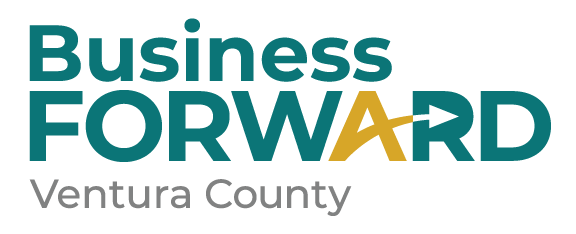
Dissecting the Changes in Employment Law in California
Starting 1st January 2023, the State of California will increase its minimum wage to $15.50 per hour. This accelerated increase is based on a provision in California's minimum wage law regarding when inflation is over 7 percent. This change in California's minimum wage law will also impact the minimum salary employers should pay employees who don’t get overtime pay due to professional, administrative, and executive exemptions. The minimum salary will increase by $2080 to $64,480.
What’s Causing the Rise in Minimum Wages?
From 2023, the minimum wage in California will be adjusted by the inflation rate. This is based on section 1182.12 of the California Labor Code. In 2022, there was a 7.9 percent increase in the CPI (consumer price index), and the section 1182 provision limited the increase of minimum wage to 3.5 percent. This limitation may, however, not apply in future years and there may be greater increases in the minimum wage if inflation keeps on its current trajectory.
Jurisdictions Raising Minimum Wage Earlier
Several local jurisdictions implemented the new rate on 1st July 2022. Therefore, as an employer in California, you should review the requirements in your locality. Take note that the Labor Code section 2810.5 requires employers to issue a ‘Notice to Employee’ to all nonexempt employees as soon as they are hired. The information in the wage section should outline the new minimum wage, starting from July 1st, 2022. Additionally, the pay section should reflect the higher overtime rates resulting from minimum wage requirements.
Other Important Developments That Employers in California Should Be Aware Of
IRS Mileage Rate Increases - IRS announced on 9th June that it would raise the mileage rate starting from July 2022. Between July 1st and December 31st, 2022, the mileage rate per mile will be 62.5 cents, up from the previous 58.5 cents. With the soaring gas prices, employers with workers who drive for work purposes should update their mileage policies. California employers are obliged to cover mileage reimbursement thanks to the Gattuso vs. Harte-Hanks Shoppers, Inc ruling that was issued by the California Supreme Court.
Small Employers to Register for CalSavers - Businesses with five or more workers that don't sponsor any retirement plan are required to get into the CalSavers Retirement Savings Program. The requirement for registering for this program became effective on 30th June 2022. The state is now issuing citations, starting at $250 for each worker and can go up to $750 for each worker.
A Proposed FAST Act - FAST Recovery Act or Fast Food Accountability and Recovery Act is a proposed bill that’s being discussed by the California Legislature. The bill is meant to create a Fast Food Sector Council in the Department of Industrial Relations. If this bill is passed, the governor will appoint this 11-member council. The council will decide the types of fast food establishments that it’ll regulate and it’ll establish standards for working hours, minimum wages, and working conditions regarding welfare, safety, and health of fast food restaurants.
Also Read: How to Start a Home-Based Food Business in Ventura County
Additional Resources
Employers in California should remain aware of the changes in the local ordinances regarding the hiring and remuneration of workers. For more information and resources on employment in Ventura County, contact us at Business Forward Ventura County.
What can we help you find?
More News from Business Forward
eNews Signup
Stay up to date on new developments, business opportunities and resources.
